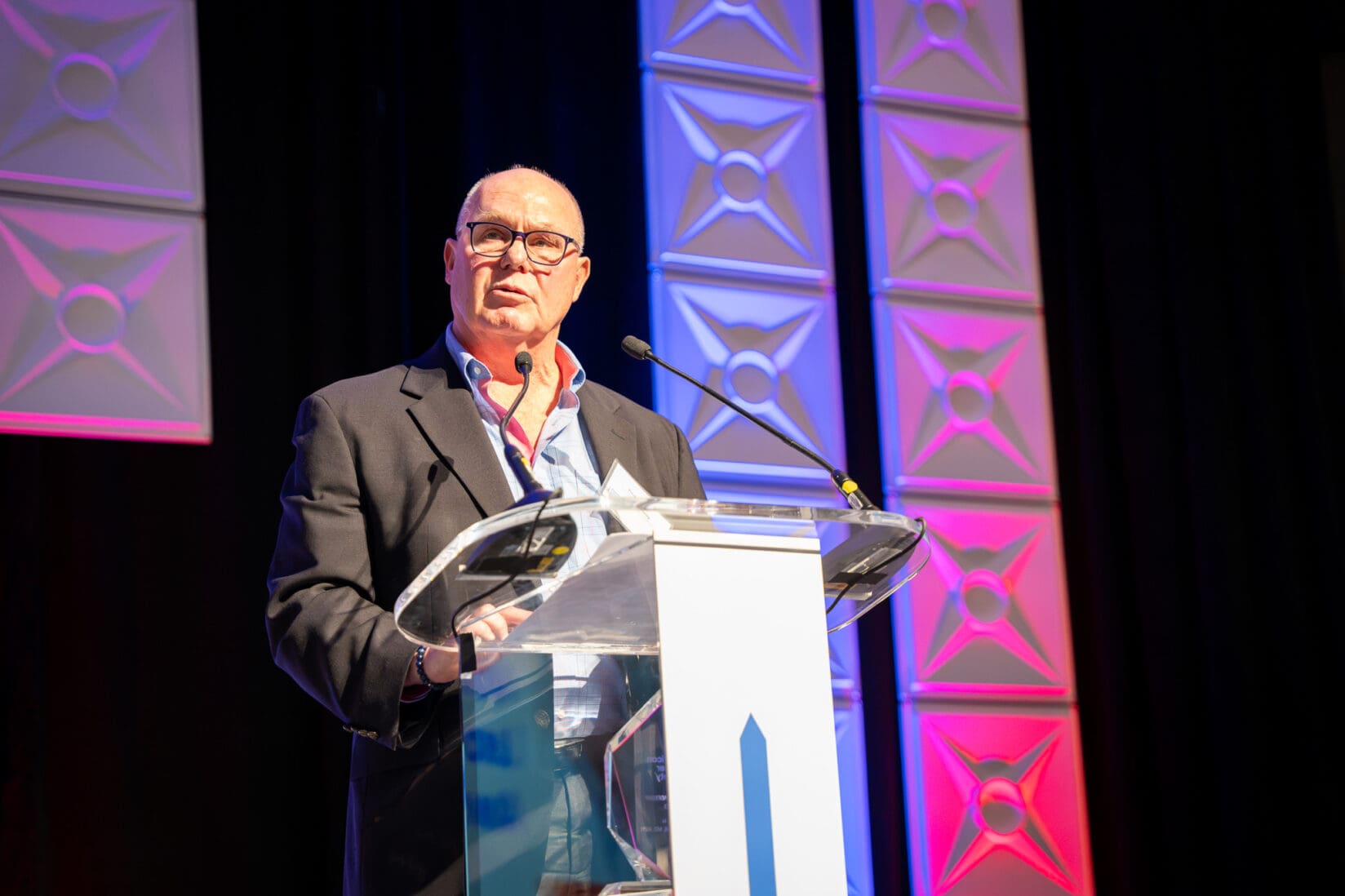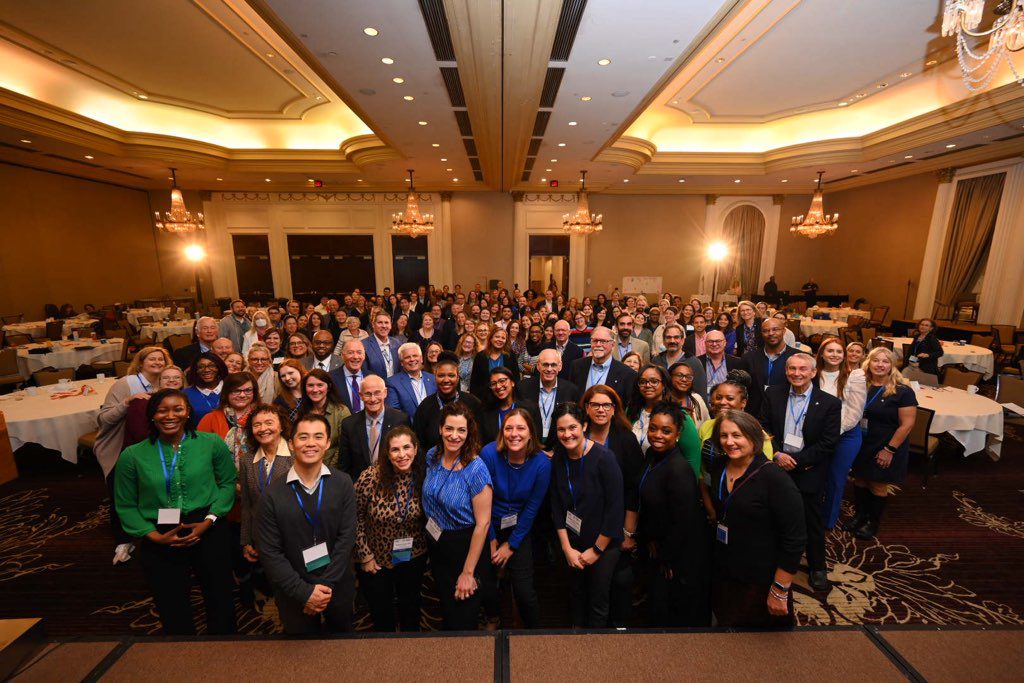Thanksgiving is Family Health History Day

November 22, 2017 :: Authors: Dennis Ahnen, MD & Paul Schroy, MD, MPH; Co-Chairs, NCCRT Family History and Early Age Onset CRC Task Group
Along with being thankful for all our wonderful members and partner organizations, the NCCRT also takes pride in recognizing National Family Health History Day this Thanksgiving. The U.S. Surgeon General has declared Thanksgiving as National Family Health History Day since 2004, and the NCCRT joins this initiative to encourage everyone to take time to discuss and document our colorectal cancer (CRC) family history. Our family’s history of CRC and screening has important implications about our own disease risks and can substantially change screening recommendations. Thus, we encourage you to talk with your family about your family history this Thanksgiving and share all that you learn with your healthcare providers to better prevent, predict, and treat any potential disease.
Why is cancer family history important for the NCCRT?
The ultimate goal of the NCCRT is to increase the use of recommended CRC screening tests among the entire population for whom screening is appropriate. For the general population, the lifetime risk of developing CRC is approximately 5 percent. A number of modifiable risk factors have been identified, such as obesity, diets high in red meat, lack of physical activity, smoking, and alcohol consumption, that contribute to this risk. Yet, other risk factors related to CRC, such as age, sex, and a family history of CRC or advanced colorectal adenomas are non-modifiable and can substantially increase an individual’s lifetime risk for CRC. In the case of a family history, the risk of developing CRC is approximately two times higher in persons with at least one affected first-degree relative (parent, sibling, child) than in those without a family history, and that risk increases with the number of affected first-degree relatives with CRC as well as the younger the age of their diagnosis.
Screening is essential for those at increased risk for CRC because of family history. A family history of CRC is found in approximately 20 to 25 percent of CRC patients, and it is estimated that approximately 10 to 20 percent of the general population has a first-degree relative with CRC or an advanced colorectal adenoma (or both). Screening guidelines vary for these high-risk individuals, but they all recommend starting screening earlier and most recommend colonoscopy as the preferred screening option. Unfortunately, less than half of those individuals with a family history of CRC are successfully counseled and navigated to screening according to the guidelines.
CRC incidence and mortality has decreased by almost 40% in the last 25 years largely due to CRC screening in those over age 50 but CRC rates are actually increasing in those under age 50. We need to do a better job of identifying and managing those at a higher risk for CRC due to family history. Promoting National Family Health History Day is an opportunity to get this message out and further share the importance of discussing and documenting health problems that may run in the family.
How can you promote Family Health History Day?
- Share these tweets and Facebook posts:
- Are you at an increased risk for #colorectalcancer? Take time this Thanksgiving to learn about your #FamilyHealthHistory.
- Thanksgiving is National #FamilyHealthHistory Day! Your family’s history of #colorectalcancer has important implications about your own disease risks and can substantially change screening recommendations.
- Having the family over this Thanksgiving? Do you know if you have a family history of colorectal cancer? If not, it’s a perfect time to get the conversation started about your #FamilyHealthHistory!
- Family History Social Media Toolkit (NIH – National Human Genome Research Institute)
- Join the #FamilyHealthHistory Thunderclap.
Best wishes to you and your family for a happy, healthy, and family history-informed Thanksgiving.

We Highlight Successes, Leaders, Best Practices, And Tools That Are Making An Impact In The Nationwide Movement To Reach 80% Screened For Colorectal Cancer.
Do you have a suggestion for a future blog topic? We welcome you to share your suggestions by emailing [email protected].
Blog Policy
Opinions expressed in these blog posts are that of the author and do not represent policies of the National Colorectal Cancer Roundtable or the author’s institution.
Our staff moderate all comments on the 80% Blog. While we do not censor based on point of view, we will delete or edit comments that are offensive or off topic. Click here to view full version.
© 2024 American Cancer Society National Colorectal Cancer Roundtable. All rights reserved.


